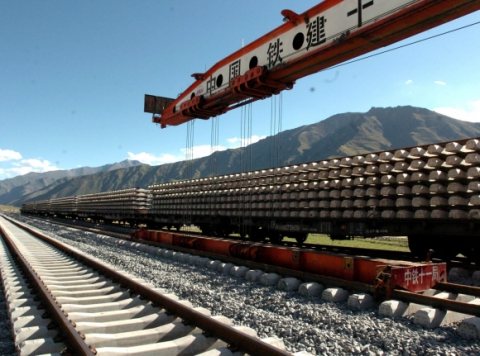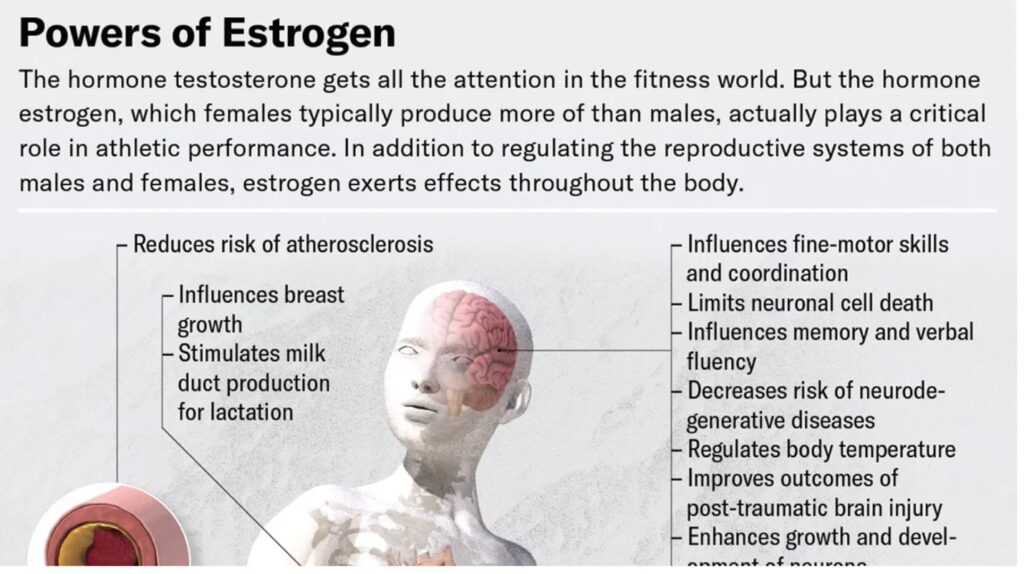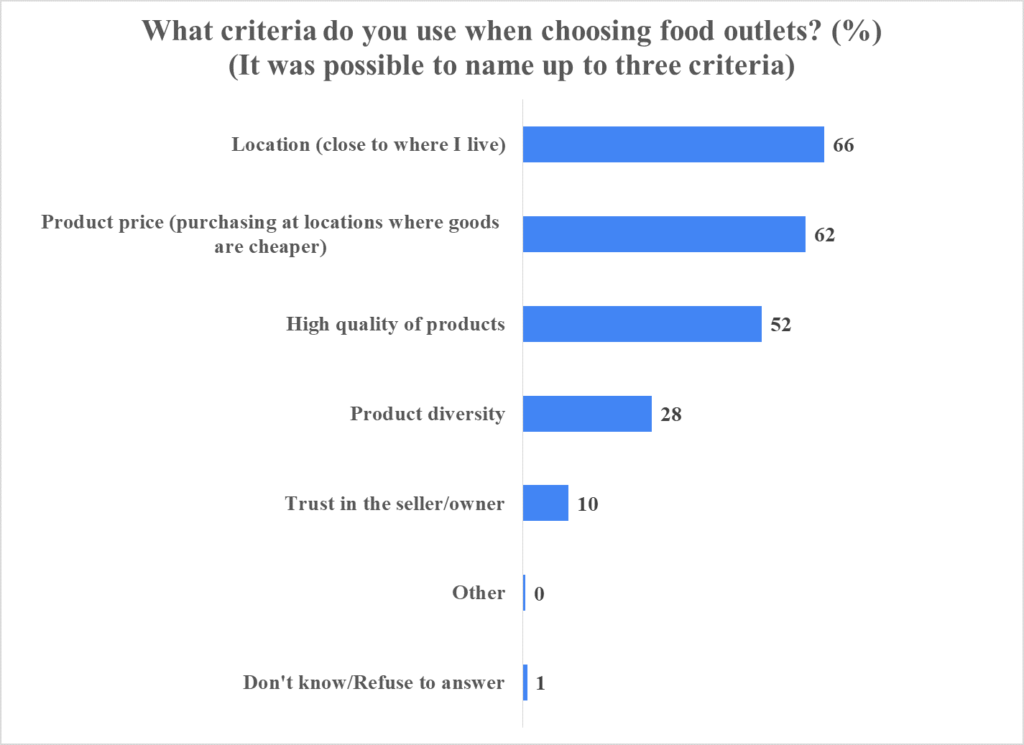CRRC, American Councils and ARISC are proud to present the 25th talk of the Works-in-Progress Series for the Spring 2013 Season!
Rusudan Khotivari, Paris 8 Vincennes Saint-Denis University
Geopolitical Implications of Baku-Tbilisi-Kars Railway
Wednesday, July 31, 2013 at 6:15pm
ISET/CRRC Georgia, Zandukeli St. 16, Tbilisi, GEORGIA
Abstract: The construction of the Baku-Tbilisi-Kars railway, which will be completed in 2014, will have important geopolitical implications for the South Caucasus and Turkey. Baku-Tbilisi-Kars, as an alternative to the Trans-Siberian railway, will diminish the dependence of European countries on Russia and will further contribute to the development of a transit corridor between Azerbaijan, Georgia and Turkey, thus strengthening the economic and political ties among these countries. The new railway, which passes through Javakheti, Georgia’s southern and mostly Armenian-populated region,, is a source of anxiety between local populations, as it may increase the influence of Tbilisi and Ankara in there. At the same time, it may bring the prosperity to these economically undeveloped southern regions of Georgia and help to relieve ethnic tensions. Baku-Tbilisi-Kars may also contribute to the further marginalization of Armenia in the South Caucasus and deepen its dependence on Georgia and Iran. It may also equally strengthen Turkey’s role as a regional leader and contribute to the freeing of the South Caucasus from Russian political and economic influence.
Rusudan Khotivari is an MA student in Geopolitics at Paris 8 Vincennes Saint-Denis University. She did her BA degree in International Relations at Tbilisi State University and is continuing her studies in Urbanism and Spatial Planning at Paris Marne la Vallée University. Her current work focuses on the geopolitical implications of the construction of the Baku-Tbilisi-Kars railway for the South Caucasus.
********
W-i-P is an ongoing academic discussion series based in Tbilisi, Georgia, that takes place at the International School of Economics (ISET) building (16 Zandukeli Street). It is co-organized by the Caucasus Research Resource Centers (CRRC), the American Councils for International Education: ACTR/ACCELS, and the American Research Institute of the South Caucasus (ARISC). All of the talks are free and open to the public.The purpose of the W-i-P series is to provide support and productive criticism to those researching and developing academic projects pertaining the Caucasus region.Would you like to present at one of the W-i-P sessions? Send an e-mail to natia@crrccenters.org.










